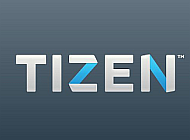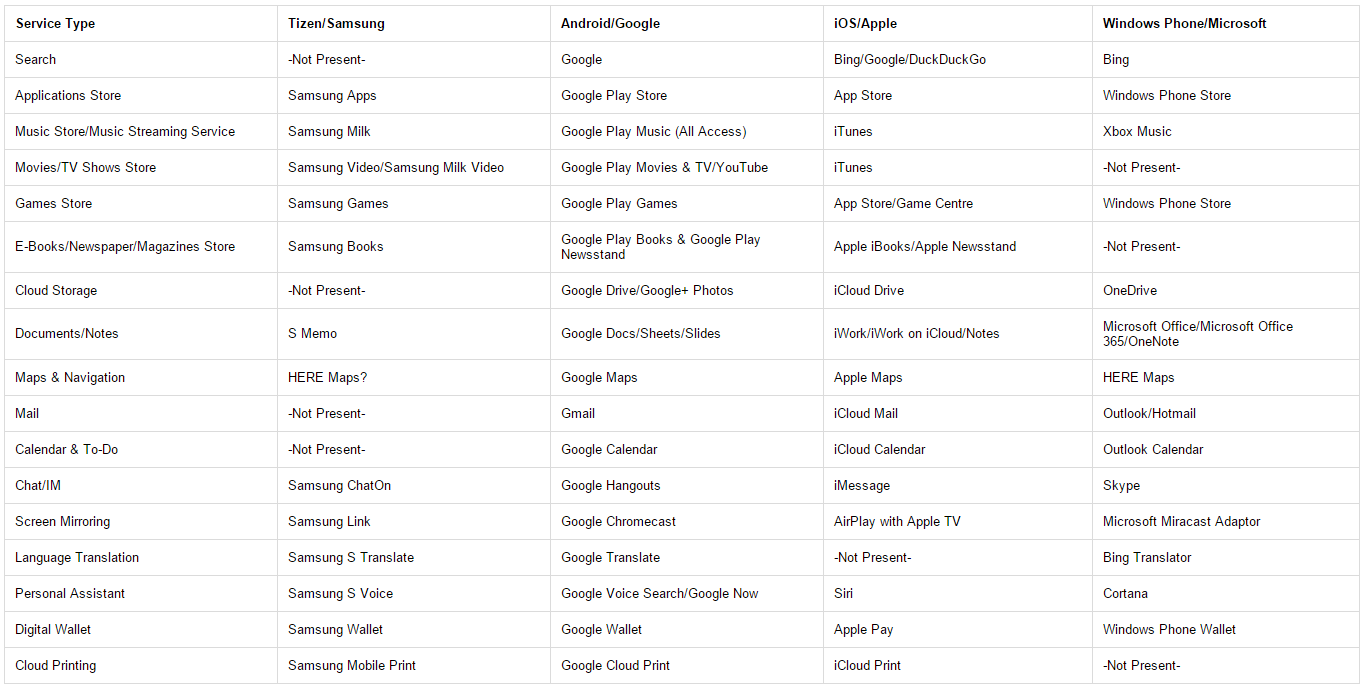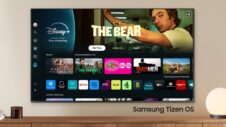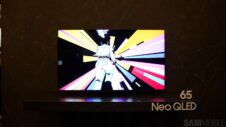Sure, Android has been a great stepping stone towards Samsung success in the smartphone and the tablet market. Thanks to Android, Samsung has emerged as the biggest smartphone vendor in the world right now, but it has been trying to find a dependable secondary platform for its smartphones other than Microsoft’s Windows Phone. Samsung tried its luck with the homegrown Bada OS in 2010. More Bada devices were sold in Q3 2012 than devices running Windows Phone. Almost all the Bada-based devices from Samsung were entry-level offerings. The UI looked quite similar to Samsung’s TouchWiz interface on Android, complete with widgets, multiple homescreens, and quick setting toggles. But later, Samsung found out that it can no longer pursue developing a smartphone platform alone and decided to merge Bada 2.0 into Tizen. If you don’t know about Tizen, it’s a Linux-based open source smartphone platform, though it was originally named as MeeGo when Intel and Nokia initially started developing it. Later, Nokia decided to jump the ship to Windows Phone with a hope of having a better chance of succeeding in a cut-throat smartphone market. Basically, Tizen is a combination of two failed smartphone initiatives, and even with Samsung leading the charge I think that it might still fail, though not without valid reasons.
Samsung’s first commercial Tizen-based smartphone doesn’t look promising at all
Samsung has delayed the official launch of Tizen based devices multiple times now. The mid-range Samsung Z, which was expected to be launched during the Tizen Developer Summit in Russia during July 2014, was cancelled. It was ditched in favour of low-end/entry-level devices as Samsung thought that it might have a better chance of selling Tizen-toting entry-level smartphones, and Samsung is correct, but the execution isn’t right. Samsung is yet to officially announce its first Tizen-based smartphone, but it has already been leaked several times. The Samsung Z1 is an entry-level smartphone as per its hardware specifications, and going by the expected/rumoured price tag of the device, I am sure it won’t attract any buyers. At $100, Xiaomi is offering a 4.7-inch HD IPS LCD display, a Snapdragon 400 processor, 1GB RAM, 8GB storage, 8-megapixel camera with 1080p video recording, 2-megapixel front-facing camera, USB OTG, and a 2,000 mAh battery. In comparison, the Z1 offers a WVGA PLS LCD display, a dual-core Spreadtrum processor, 768MB RAM, 4GB storage, 3-megapixel fixed-focus camera, VGA front-facing camera, and a 1,500 mAh battery. Why would a consumer want to buy the Tizen-based Z1 when they could buy a feature-packed Android smartphone at the same price? Tizen might need lower resources than Android to run smoothly, but buyers are so hooked to considering hardware specifications like processor cores and the amount of RAM, that it would be really hard to make them settle for lower hardware.
Tizen lacks integration of popular services
Even if Samsung succeeds in creating an operating system with all the functions and features, which are present in its competing platforms, Tizen might still fail. Building a smartphone platform is easier than supporting and nurturing it continuously, especially when there are well-established players in the market. In this day and age, supporting services and the availability of apps play a huge part in a smartphone platform’s success. In case of Android, it has strong support from Google’s ultra-popular and successful services like Google Search, Google Now, Gmail, Google Drive, Google Maps, Google Chrome, Google Translate, and Hangouts. A lot of people have invested their data into Google’s services and their absence won’t be entertained. All of those services are tightly integrated into the platform. You might argue that some of Apple’s services such as iCloud Mail, iCloud Calendar and Apple Maps aren’t very popular, but iOS is still very popular. Due to the large user base of the platform, almost every popular service is available as an app on the App Store; Chrome, Google Maps, Gmail, Hangouts, Kindle, Microsoft Office, Outlook, Skype, Yahoo, YouTube, you name it.
… and Google/Microsoft aren’t going to provide their services to Tizen
In spite of Microsoft’s strong developer community, and integration of Outlook, Skype, and Office, Windows Phone still lacks the ecosystem, which can compete neck-to-neck with iOS and Android. Windows Phone has failed to gain double digit market share. Reason? Well, I find it hard to live without things like Google Maps and Hangouts on my smartphone, and Google isn’t going to develop Windows Phone apps for obvious reasons. So what is the chance that companies like Google and Microsoft making apps for Tizen? Zilch.
Samsung started replicating Google’s services and including them in its Android devices, but failed to improve the user base of its homegrown apps like ChatOn and Milk. Earlier this year, Strategy Analytics published a report about the usage of Samsung apps on some of the most popular smartphones like the Galaxy S3 and the Galaxy S4. The report revealed that the usage of Samsung apps lags behind Google's apps by a wide margin. Samsung is planning to shut down its IM service, ChatOn starting February 2015, which paints a complete picture of Samsung’s failure at nurturing its own apps.
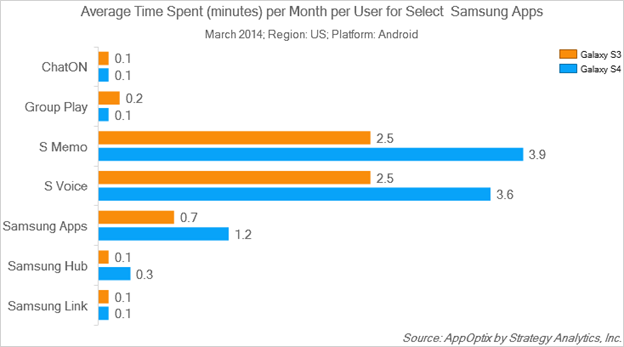
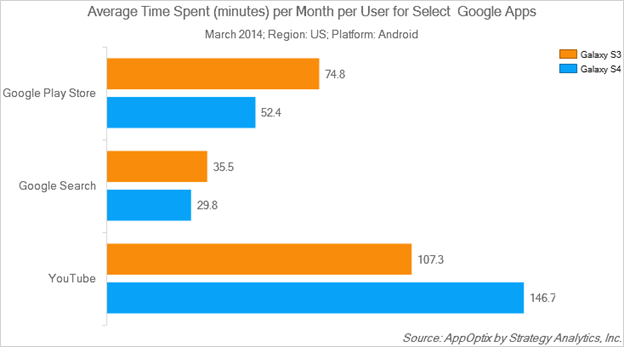
Moreover, Samsung is missing some key services such as Maps, Mail, Cloud Storage, etc. Is there really a need to own such services? It’s not completely necessary, but going forward, it slows the pace of developing new features. The level of integration, which is possible between homegrown services, is hard to achieve with third-party services. No wonder, Apple is still trying to improve its mapping and navigation solution, as it no longer wants to depend upon Google to introduce new maps-related features through Google Maps.
Developers of popular apps will neglect smaller platforms
Coming to other third-party apps which are not from giants like Google and Microsoft, would they develop apps for Tizen? Would industry leaders like Facebook, Twitter, Spotify, LastPass, Dropbox, ESPN, Foursquare, Evernote, Instagram, Pocket, Shazam, Slack, and WhatsApp develop apps for Tizen? There’s a huge chance that developers might not even consider making apps for Tizen due to limited resource and higher priority for other platforms. Even if they develop apps for Tizen, their quality and features might not match with their Android/iOS counterparts. A similar thing is already happening with apps on Windows Phone. Without value-for-money hardware and presence of popular apps/services, Tizen isn’t going to succeed.
Even though I think that Tizen might fail in competing with Android, Samsung still needs to try. Monopoly is bad for consumers, and Google has been able to capture such a huge market that it can’t be considered safe for the consumers.
